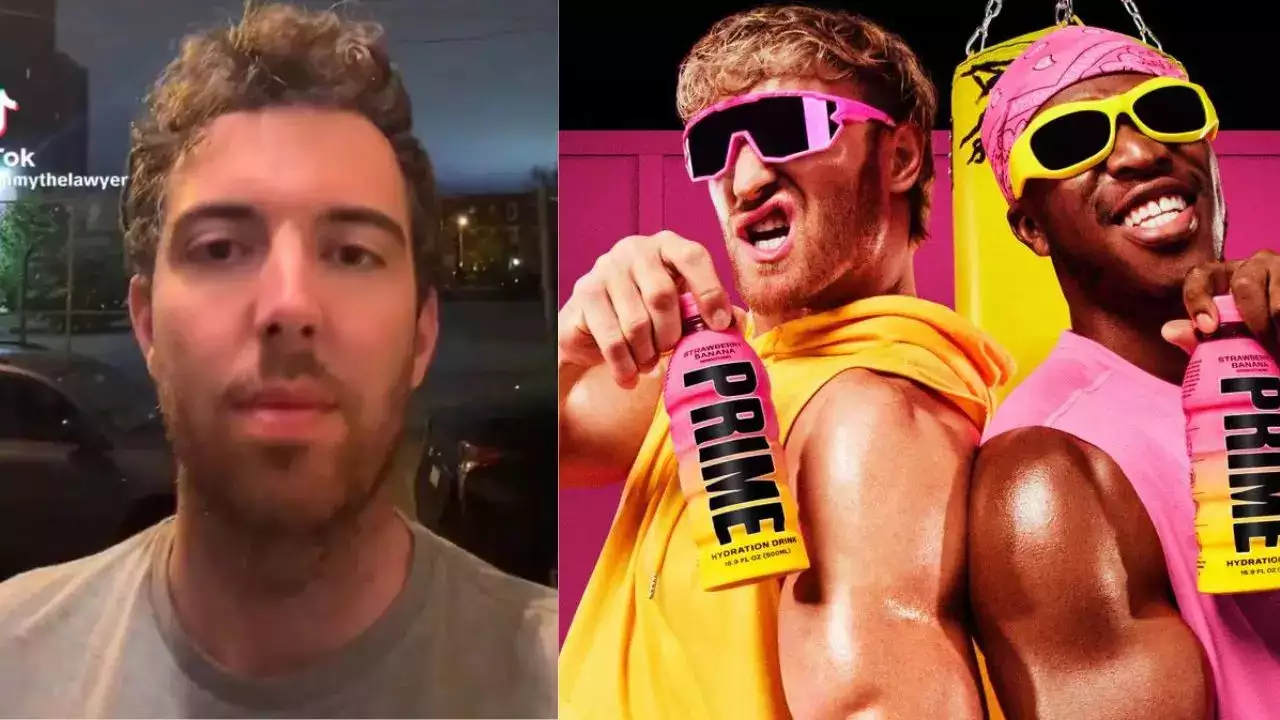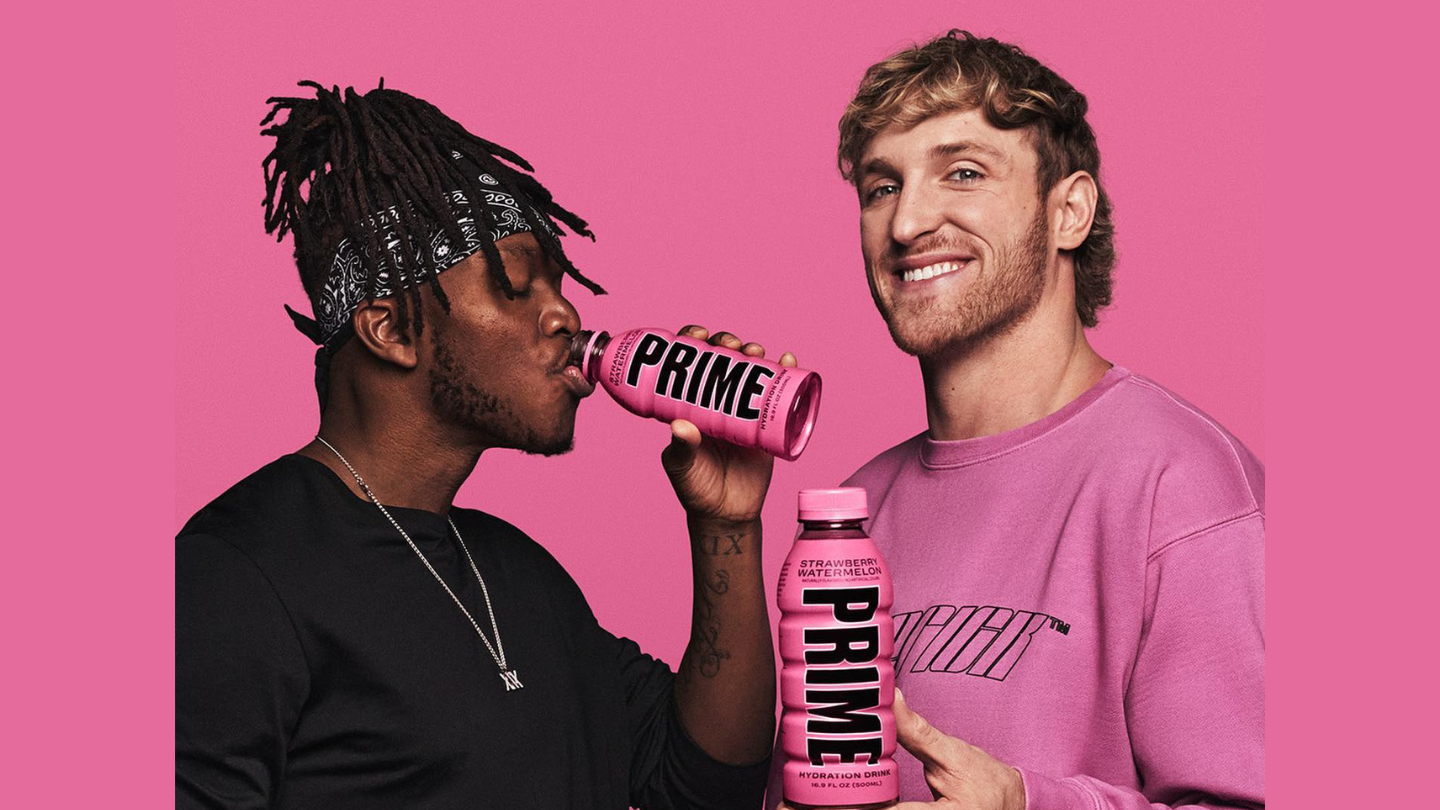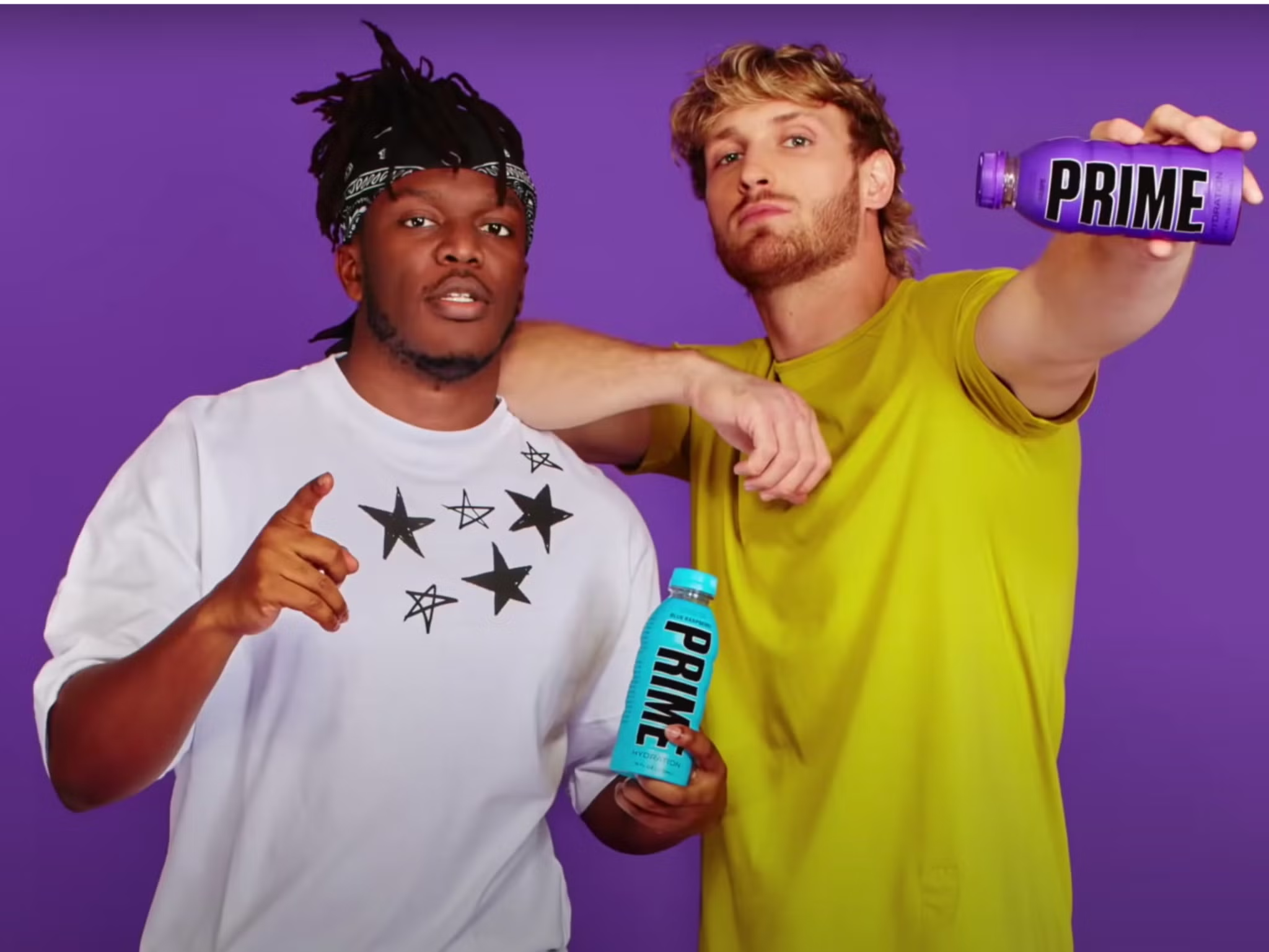In the bustling world of energy drinks, controversy is not uncommon, but the latest legal challenges facing YouTube star turned entrepreneur Logan Paul and his Prime Hydration brand are stirring more than just caffeine in consumer circles. Two separate class-action lawsuits are currently targeting Paul’s energy drink company, alleging misleading caffeine content and the presence of potentially harmful chemicals in its products.

A Deep Dive into the Caffeine Content Claims
Filed in New York, the first lawsuit spotlights a concern over the actual caffeine levels in Prime Hydration’s 12-ounce energy drinks. According to plaintiff claims, lab tests commissioned by their legal team revealed caffeine concentrations ranging from 215 to 225 milligrams per can, significantly overshooting the 200 milligrams advertised on the label. This discrepancy prompted the plaintiff, who purchased the blue raspberry flavor in August 2022, to seek a whopping $5 million in damages, citing that she would have refrained from buying the drink had she known the true caffeine content.
Logan Paul responds to lawsuit accusing Prime of containing ‘forever chemicals’ pic.twitter.com/RHjZZFisoK
— Pubity (@pubity) April 24, 2024
The Allegations of “Forever Chemicals”
The drama doesn’t end with caffeine. A second lawsuit filed in California raises alarming concerns about the presence of PFAS—perfluoroalkyl and polyfluoroalkyl substances, also known as “forever chemicals.” These synthetic compounds, typically found in a range of products from stain-resistant sprays to toiletries, are not approved by the FDA for consumption. The lawsuit alleges that third-party testing detected PFAS in the grape-flavored variant of Prime, sparking another claim for $5 million.

Logan Paul’s Vigorous Defense
Responding to the swirling accusations, Logan Paul took to TikTok, where his video rebuttal amassed over 15.3 million views. In his post, Paul vehemently denied the presence of non-FDA-approved substances in Prime’s beverages. He clarified that the PFAS concerns were linked to the bottles, not the drink itself, asserting, “This ain’t a rinky-dink operation. We use the top bottle manufacturers in the United States.”
Further, Paul criticized the validity of the testing methods used in the lawsuits, pointing out inconsistencies with EPA standards. According to Paul, the detection of PFAS at 0.06 parts per trillion falls below the EPA’s threshold of 1.1 parts per trillion, which he argues cannot be deemed as reasonably accurate due to technological limitations.

Industry Standards and Consumer Safety
As these lawsuits unfold, they not only challenge the credibility of Prime Hydration but also cast a spotlight on the broader issues of labeling accuracy and chemical safety in consumer products. The energy drink market is no stranger to scrutiny, and as brands like Prime navigate these legal and public relations hurdles, the outcomes could set precedents for industry practices moving forward.
Logan Paul’s assurance of compliance with top manufacturing standards and his dismissal of the claims as “absolute bull” reflect a confident stance against the allegations. However, the legal process will ultimately determine the validity of these claims and possibly influence how energy drinks are produced and labeled in the future.










